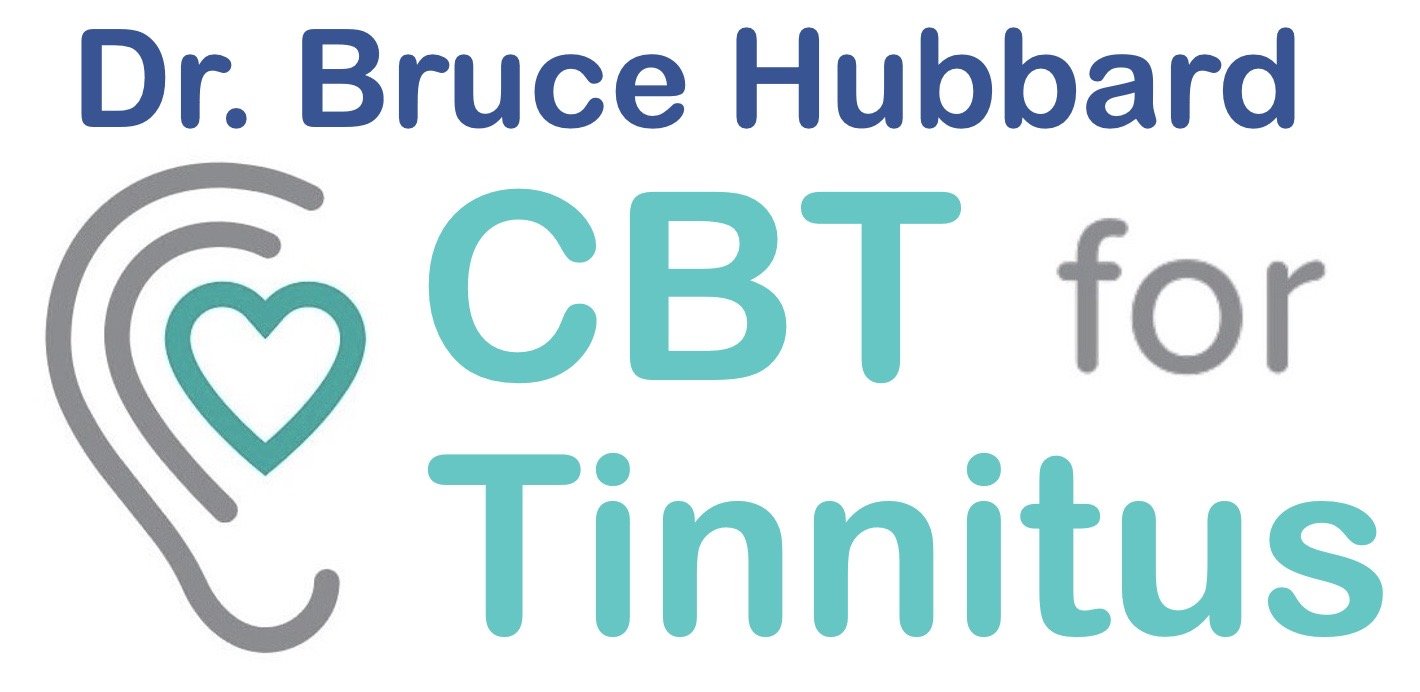
Mindfulness for Tinnitus Relief
Mindfulness is a core skill in modern CBT.
Many people are now familiar with app versions of mindfulness, where it is promoted as a method to relax, calm down, and get some space. When done correctly, however, mindfulness serves a dual purpose. It does help us calm down, but, more important, mindfulness helps us accept and coexist with aspects of our experience that are desperately unwanted but cannot be changed. In this way, mindfulness is the direct practice of acceptance.
Chronic pain, recurrent illness, strong emotion, tragic life events, are examples of the many hardships where mindfulness helps. And several studies have found that mindfulness significantly reduces distress caused by tinnitus.
How to Practice
Mindfulness is the practice of allowing our experience to be exactly as it is in the present moment—and here’s the catch—even if we don’t like how it feels! We accomplish this feat by developing the skill of paying attention to what’s happening without getting pulled into thoughts and judgments about the problem. Regular practice of mindfulness helps us coexist with aspects of the problem that cannot be changed and must be accepted.
Mindfulness for Tinnitus
To get the most out of mindfulness for tinnitus, practice mindfulness of sound. For those of you familiar with mindfulness, this is equivalent to the “body scan” used to help accept and adapt to unwanted physical sensations, pain. Through mindfulness of sound, we come to hear our tinnitus effectively, without making it the center of attention and without getting pulled into gloom-and-doom thinking. Tinnitus becomes less threatening, more familiar, easier to ignore.
A Tinnitus Coping Skill
Mindfulness is a skill that can be practiced and applied at challenging times. With tinnitus, this is typically during sleep, concentration, and leisure/letting go/being at peace. Mindfulness is used along with flexible thinking and sound enrichment to promote functioning and habituation/recovery.

